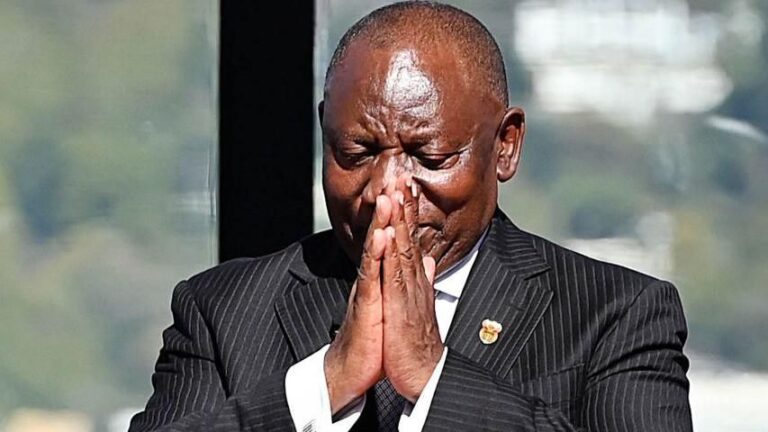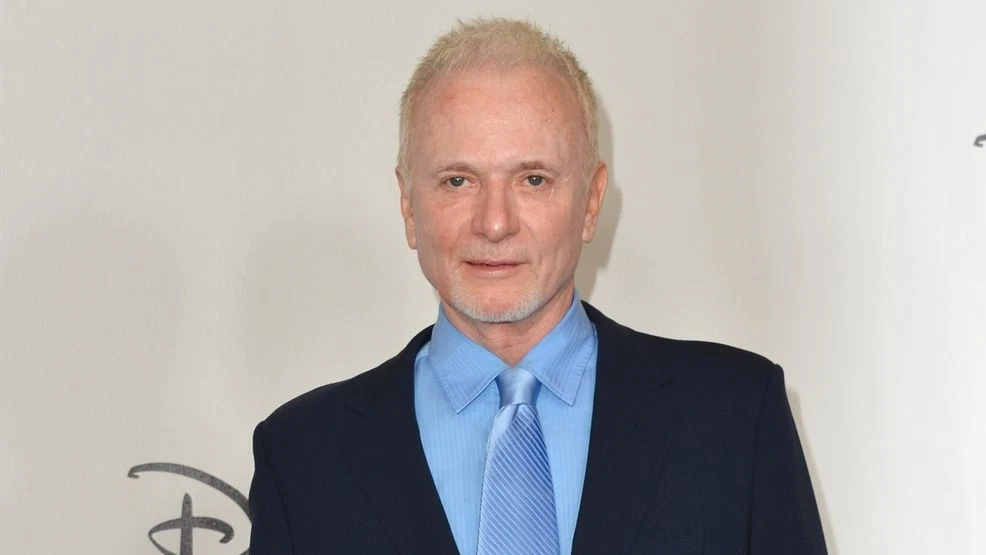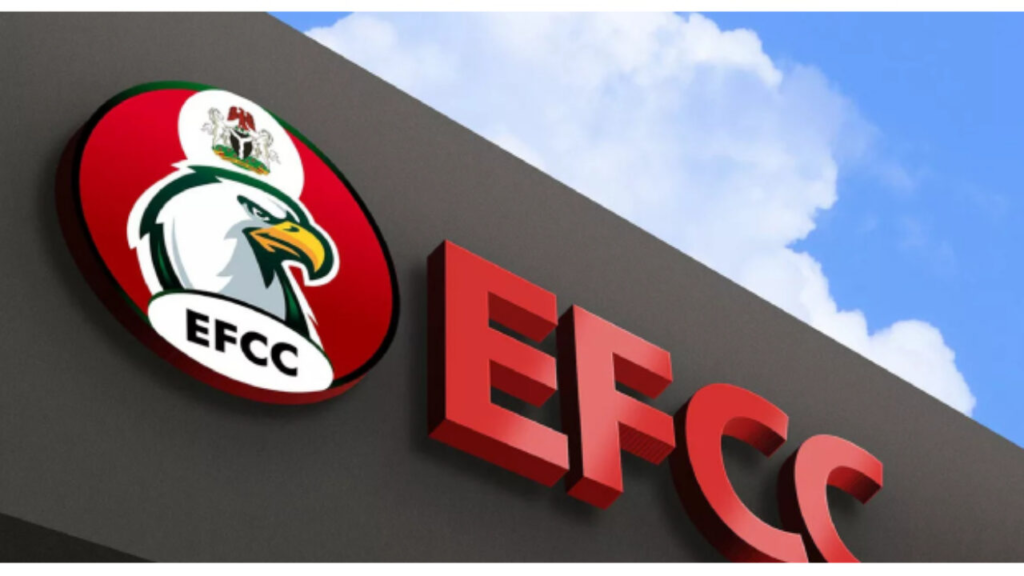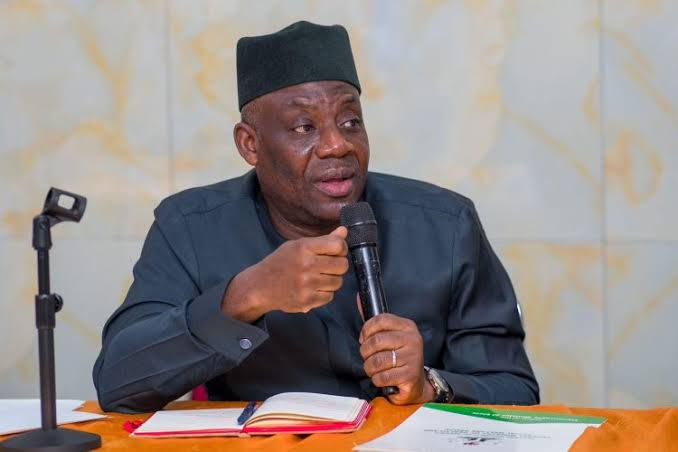South African President Cyril Ramaphosa has introduced a new coalition government following the African National Congress (ANC) losing its parliamentary majority in May’s elections. Describing it as “unprecedented in the history of our democracy,” Ramaphosa revealed that the ANC will hold 20 of the 32 cabinet positions. The pro-market Democratic Alliance (DA), previously the main opposition party, will occupy six cabinet posts, with the remaining portfolios distributed among smaller parties. The coalition agreement came after weeks of intense negotiations, during which Ramaphosa accused the DA of attempting to establish a “parallel government” in violation of the constitution.
The decline in ANC support during the elections highlighted public dissatisfaction with its performance in providing basic services and addressing unemployment, poverty, and corruption. The ANC, under Nelson Mandela’s leadership, came to power in 1994, ending decades of white-minority rule in South Africa. Some ANC activists have criticized the power-sharing arrangement with the DA, viewing it as representing white interests. However, the business community has welcomed the coalition government, believing it will ensure economic stability. This is seen as a more favorable outcome compared to a potential deal with two radical parties that have split from the ANC.
In the new cabinet, the ANC will retain key ministries, including defense, finance, and foreign affairs, where it has been a vocal supporter of Palestinians and a critic of Israeli actions in Gaza. Outgoing Foreign Minister Naledi Pandor has been replaced by Ronald Lamola, previously the justice minister.
The DA will oversee home affairs, which controls immigration, and public works, which has been involved in several corruption scandals. Party leader John Steenhuisen will lead the agriculture ministry.
In a televised speech on Sunday, President Ramaphosa stated, “The incoming government will prioritize rapid, inclusive, and sustainable economic growth and the creation of a more just society.”
The ANC welcomed this move as “an important step forward, and a testament to the resilience of our democracy.” Meanwhile, the DA expressed pride in “rising to the challenge and taking our place, for the first time, at the seat of national government.” The DA also pledged “good governance, zero tolerance for corruption, and pragmatic policy-making.”
Despite the coalition cabinet deal, significant political disagreements persist between the ANC and the DA. The most contentious issues include the DA’s opposition to the ANC’s national healthcare policy and its black economic empowerment program. Crucially, the ANC retains control of ministries like mines, trade, and land reform, which are essential to its black economic empowerment policies.
In May’s elections, the ANC secured 40% of the vote, while the DA obtained 22%.



























